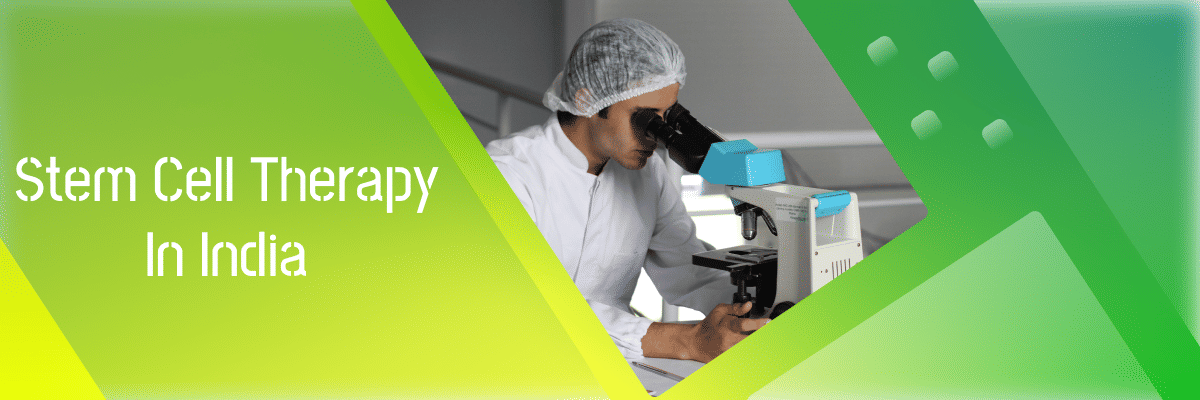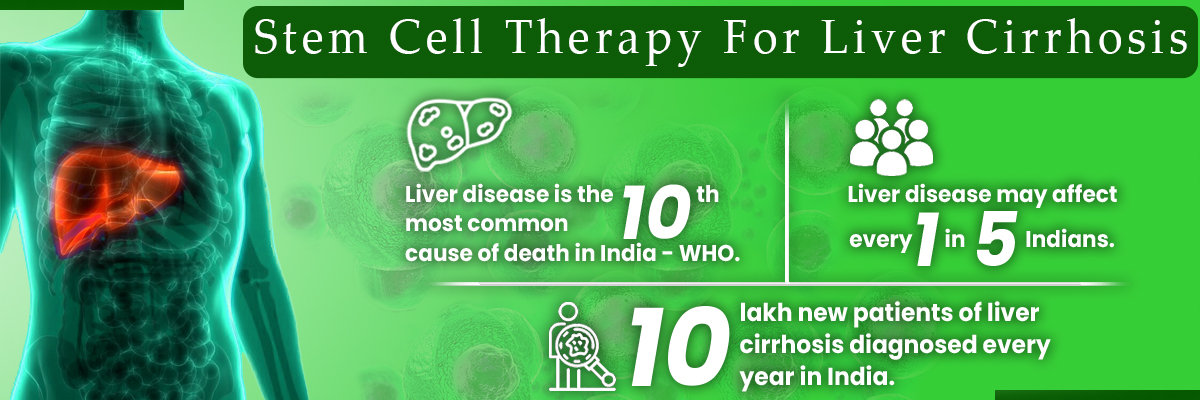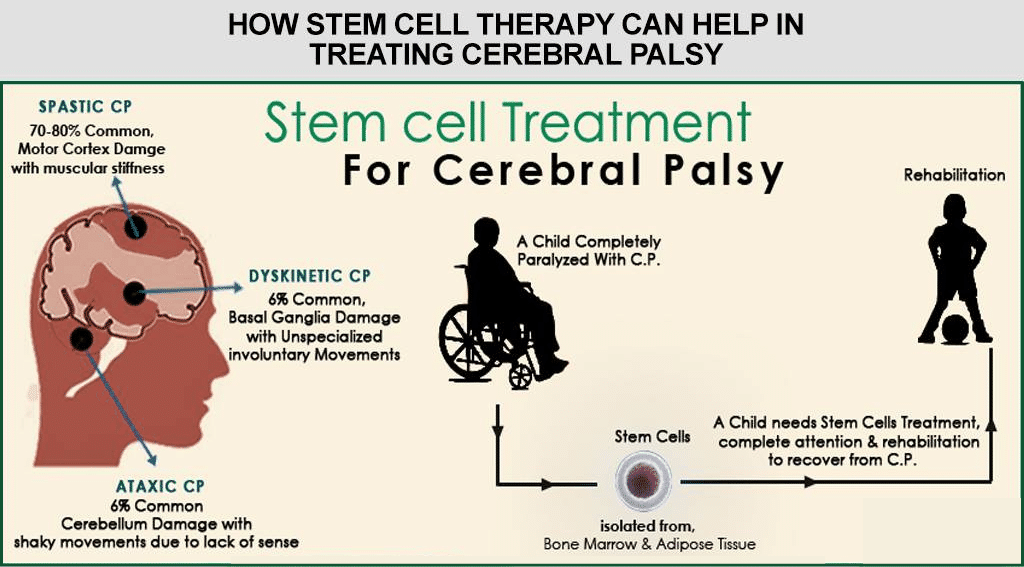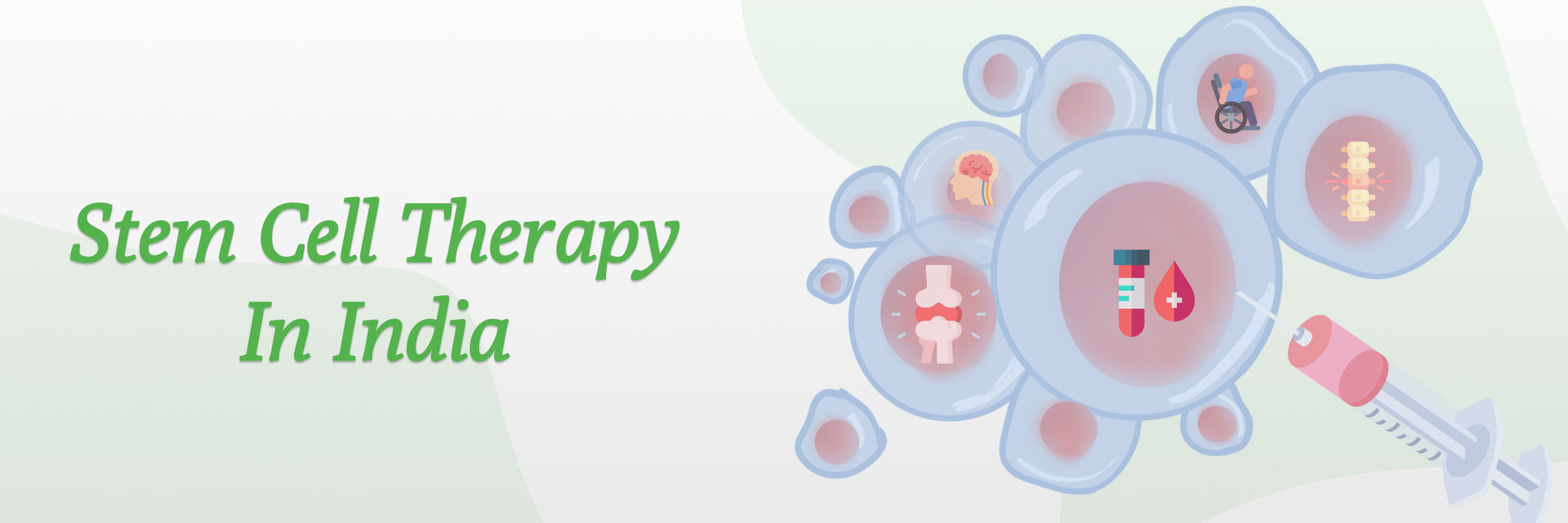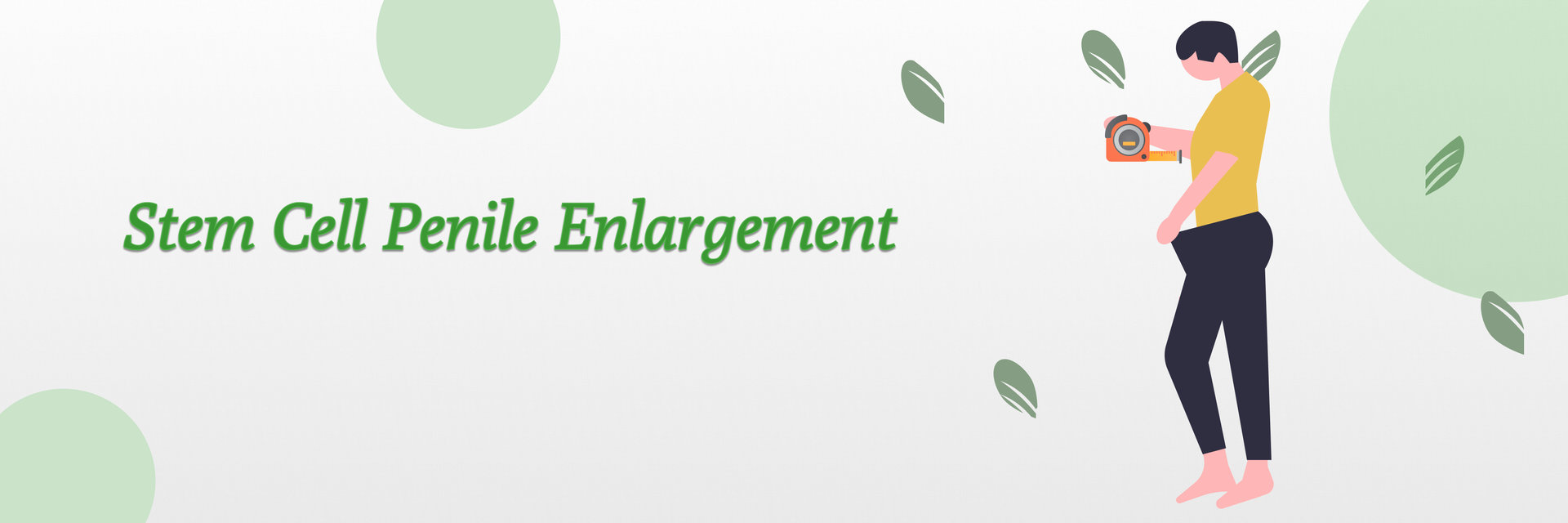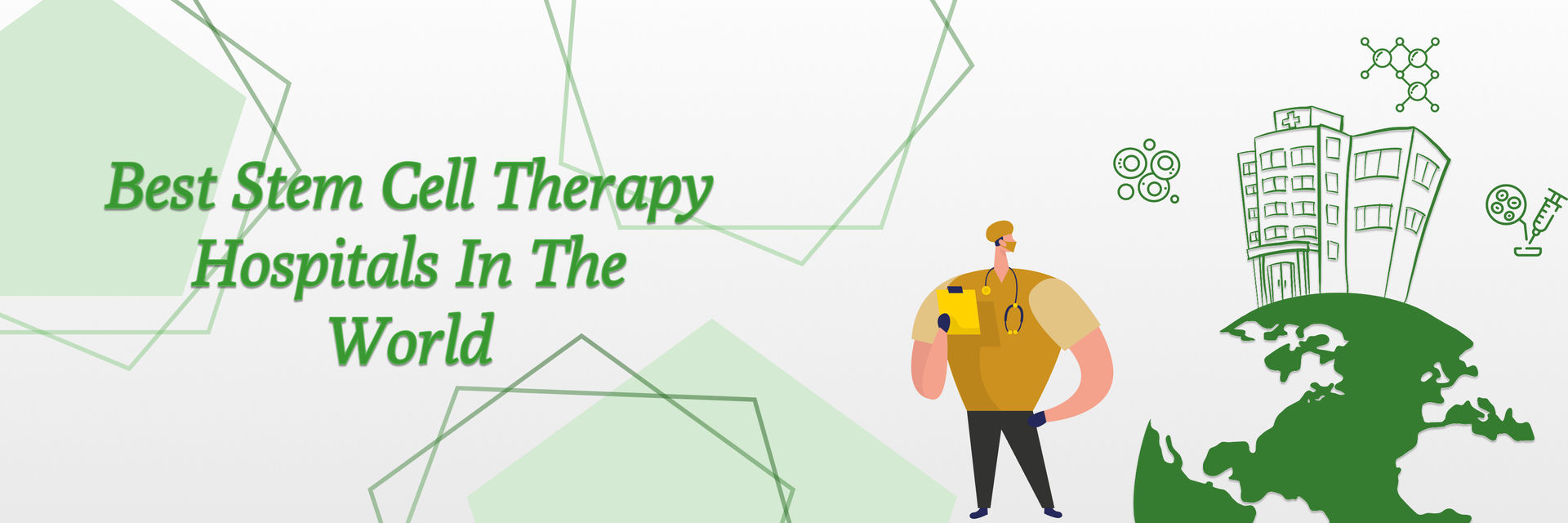Heart disease is a significant health concern globally, and India is no exception. With cardiovascular diseases (CVDs) leading to nearly 28% of all deaths in India, the need for innovative treatments is urgent. Traditional methods like medication, surgery, and lifestyle changes are often effective but may not be sufficient for severe heart damage. This is where stem cells in cardiac repair come into the picture, offering hope for regenerating damaged heart tissue and improving overall cardiac function.
Stem cell therapy is an emerging field that has shown promising results in various clinical trials. The concept is to use stem cells to repair or replace damaged heart tissues, potentially reversing the effects of heart disease. This blog explores the science behind stem cells in cardiac repair, their potential benefits and risks, and where you can access this treatment in India.
Can Stem Cells Repair the Heart?
The idea that stem cells can repair the heart is based on their unique ability to differentiate into various cell types, including heart cells (cardiomyocytes). Stem cells can potentially replace damaged heart tissues, promote new blood vessel formation, and reduce scarring, a significant factor in heart failure.
Studies have shown that injecting stem cells into the heart can improve heart function, reduce symptoms, and enhance the quality of life for patients with heart disease. However, the extent of this repair depends on several factors, including the type of stem cells used, the method of delivery, and the timing of the treatment.
What is the Role of Stem Cells in Cardiac Repair?
The role of stem cells in repair is multifaceted, involving several mechanisms that contribute to the healing of damaged heart tissues. These include:
- Cell Replacement: Stem cells can differentiate into cardiomyocytes and replace the cells lost due to heart damage. This replacement is crucial for restoring the heart's contractile function.
- Angiogenesis: The formation of new blood vessels is essential for supplying oxygen and nutrients to the repaired tissues. Stem cells release growth factors that promote angiogenesis, ensuring the survival and function of the new heart cells.
- Paracrine Effects: Beyond cell replacement, stem cells secrete various cytokines and growth factors that create a conducive environment for repair. These factors reduce inflammation, prevent cell death, and stimulate the regeneration of native heart cells.
- Scarring Reduction: Scarring, or fibrosis, is a common consequence of heart damage and can lead to heart failure. Stem cells can modulate the body's response to injury, reducing the formation of scar tissue and allowing for better heart function.
- Improved Cardiac Function: Through these combined effects, stem cells to repair heart damage can significantly improve the heart's ability to pump blood, reduce symptoms of heart failure, and enhance the patient's quality of life.
Applications of Stem Cell Therapy in Cardiac Repair
- Heart Attack Recovery
- Following a heart attack, scar tissue forms, reducing the heart’s ability to pump blood. Stem cell therapy helps regenerate damaged tissue, preventing heart failure and improving cardiac function.
- Chronic Heart Failure
- Patients with chronic heart failure may benefit from stem cell therapy, which helps regenerate heart tissue and reduce symptoms like shortness of breath and fatigue.
- Congenital Heart Diseases
- Stem cells are being studied for their potential to repair congenital heart defects in children, potentially offering a non-invasive treatment option for certain conditions.
- Post-Surgical Recovery
- Stem cell therapy may be used after heart surgery to improve tissue regeneration and speed up recovery.
Unique Stem Cell Approaches in Cardiac Repair
- 3D Bioprinting with Stem Cells
- One of the cutting-edge applications of stem cells in cardiac repair is the use of 3D bioprinting to create heart patches. These patches contain stem cells that mimic the structure and function of heart tissue. This unique approach could revolutionize the way heart damage is treated in the future.
- Stem Cell-Infused Hydrogels
- Researchers are developing stem cell-infused hydrogels that can be injected into the heart. These hydrogels provide structural support and enhance the regeneration of heart tissue, potentially improving the outcome of stem cell therapies.
- Exosome Therapy
- Exosomes are small vesicles secreted by stem cells that play a key role in cell-to-cell communication. Exosome therapy is being explored as a less invasive option, where exosomes derived from stem cells can promote cardiac repair without directly injecting stem cells into the heart.
Is Stem Cell Therapy for Cardiac Repair FDA Approved?
Currently, stem cell therapy for cardiac repair is still considered experimental and is not yet widely approved by the FDA for routine clinical use. However, several clinical trials are underway to evaluate its safety and efficacy, and some have shown promising results.
In India, stem cell therapy is available, with several hospitals offering the treatment as part of their advanced cardiac care programs. The regulatory environment in India is different from that of the U.S., allowing for more flexibility in experimental treatments. However, patients considering stem cell therapy should be aware of the experimental nature of the treatment and the need for thorough consultation with their healthcare provider.
Where Can I Get Stem Cell Treatment for Heart in India?
India has emerged as a leading destination for stem cell therapy, offering advanced treatments at a fraction of the cost compared to Western countries. Several hospitals and institutes are at the forefront of research and clinical application of stem cell therapy for cardiac repair. Here are some of the top hospitals for stem cell treatment where you can access this treatment:
- StemRx Bioscience Solutions Pvt. Ltd., Navi Mumbai: A pioneer in stem cell research and therapy, offering cutting-edge treatments for various diseases.
- NeuroGen Brain and Spine Institute, Mumbai: Known for its innovative use of stem cells in treating neurological and other conditions.
- Medanta - The Medicity, Gurgaon: A multi-specialty hospital with a dedicated stem cell therapy unit offering treatments for various cardiac conditions.
- Kokilaben Dhirubhai Ambani Hospital, Mumbai: Offers advanced cardiac care and stem cell therapy under the supervision of expert cardiologists.
- AIIMS, New Delhi: The All India Institute of Medical Sciences is a leading research institute offering clinical trials and stem cell therapies for heart repair.
- Apollo Hospitals, Chennai: Known for its world-class cardiac care, Apollo Hospitals offers stem cell therapy as part of its comprehensive heart treatment programs.
- Fortis Memorial Research Institute, Gurgaon: A state-of-the-art facility offering advanced stem cell treatments for heart conditions.
- Narayana Health, Bangalore: This hospital offers a range of cardiac treatments, including stem cell therapy, and focuses on patient-centric care.
- Tata Memorial Hospital, Mumbai: This is a leading cancer and cardiac care institute offering innovative treatments, including stem cell therapy.
- Manipal Hospitals, Bangalore: Known for its advanced cardiac care and research in stem cell therapy for heart repair.
These hospitals provide various services, from consultation and diagnosis to advanced stem cell treatments, ensuring comprehensive care for patients with heart conditions.
What Are the Benefits of Stem Cell Treatment for Heart Repair?
Stem cell therapy offers several potential benefits for patients with heart disease, making it an attractive option for those who have not responded to conventional treatments. The benefits of stem cell treatment for heart repair include:
- Regeneration of Heart Tissue: Stem cells can differentiate into heart cells, helping regenerate the damaged tissue and improving heart function.
- Improved Heart Function: Studies have shown that stem cell therapy can enhance the heart's pumping ability, reduce symptoms of heart failure, and improve the quality of life.
- Reduced Scarring: Stem cells can reduce scar tissue formation, a common consequence of heart attacks and other cardiac conditions, by modulating the immune response and promoting tissue repair.
- Angiogenesis: The growth of new blood vessels is essential for delivering oxygen and nutrients to the repaired tissue, and stem cells play a crucial role in promoting angiogenesis.
- Minimally Invasive: Stem cell therapy is less invasive than traditional heart surgery, making it a safer option for patients not candidates for surgery.
- Personalized Treatment: Stem cell therapy can be tailored to the individual patient's needs, offering a more personalized approach to heart repair.
What Are the Risks of Stem Cell Treatment for Heart Repair?
While stem cell heart repair offers promising benefits, it is essential to consider the potential risks associated with the treatment. These risks include:
- Immune Rejection: There is a possibility that the patient's immune system may reject the transplanted stem cells, leading to complications.
- Tumor Formation: In some cases, stem cells may grow uncontrollably, leading to the formation of tumors. This risk is higher with certain types of stem cells, such as embryonic stem cells.
- Infection: As with any medical procedure, there is a risk of infection, especially if the stem cells are not handled or delivered properly.
- Incomplete Repair: While stem cell therapy has shown promise in repairing damaged heart tissue, the extent of repair may vary, and some patients may not experience significant improvements.
- Ethical Concerns: The use of certain types of stem cells, particularly embryonic stem cells, raises ethical concerns that may affect the availability and acceptance of the treatment.
- Cost: Stem cell therapy can be expensive and only sometimes covered by insurance, making it inaccessible to some patients.
Conclusion
Stem cell therapy represents a promising frontier in the treatment of heart disease. It offers the potential to repair damaged heart tissue and improve the quality of life for patients with severe cardiac conditions. While the treatment is still experimental and not yet widely approved by regulatory authorities, the ongoing research and clinical trials are paving the way for its broader acceptance in the future.
India is at the forefront of this exciting field, with several hospitals and
research institutes offering advanced stem cell treatments for cardiac repair. However, patients should carefully consider the benefits and risks of the treatment and consult with their healthcare provider to determine if stem cell therapy is the right option for them.
As research advances, the hope is that stem cells to repair heart damage will become a standard part of cardiac care, offering new hope to millions of patients worldwide.
References:
https://www.ncbi.nlm.nih.gov/
